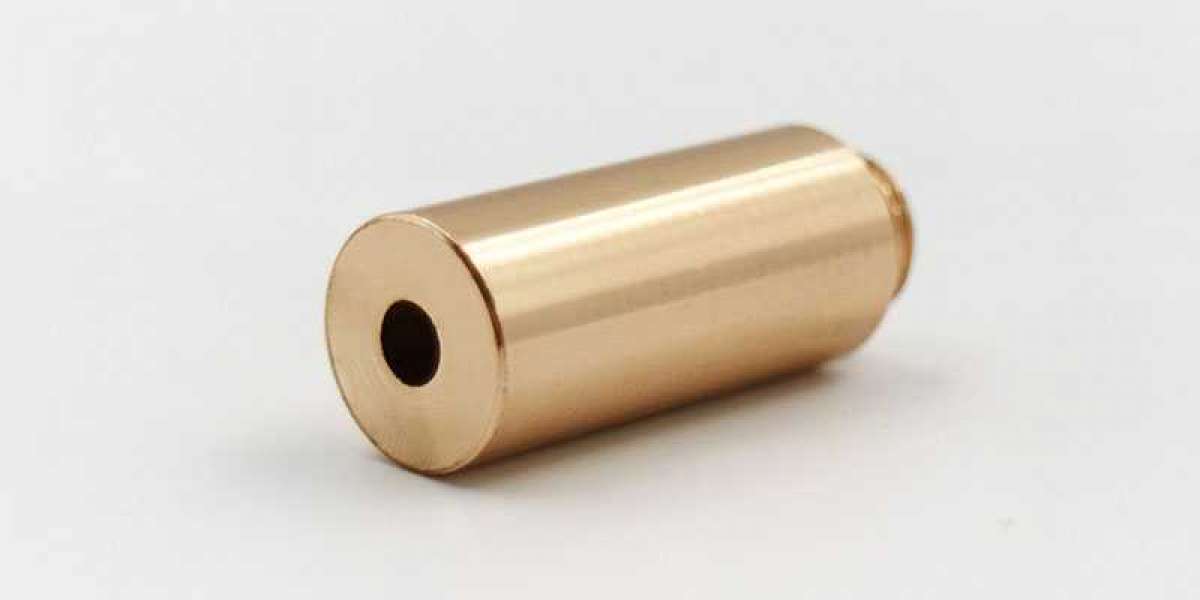THE PROPERTIES OF TEFLON:
- Non-adhesive: Teflon is inert, almost all substances do not adhere to Teflon, and very thin films also show non-adhesive properties.
- Heat and cold resistance: Teflon has excellent heat resistance and low temperature resistance. It can withstand temperature up to 300 °C in a short time, melting point is 327 °C, and it does not melt at 380 °C. Generally, it can be used continuously between 240 °C and 260 °C. It has significant thermal stability. It can work at freezing temperature without No embrittlement, cold resistance 190 ℃.
- Lubricity: Teflon has a lower coefficient of friction. The coefficient of friction changes when the load slides, but the value is only between 0.04-0.15.
- Non-hygroscopic: The surface of Teflon machined does not touch water and oil, and it is not easy to touch the solution during production operation. If there is a small amount of dirt, it can be removed by simply wiping. Short downtime saves man-hours and increases productivity.
- Corrosion resistance: Teflon is hardly eroded by chemicals, and can withstand all strong acids (including aqua regia), strong alkalis, strong acids except molten alkali metals, fluorinated media and sodium hydroxide above 300 °C The action of oxidizing agents, reducing agents and various organic solvents can protect parts from chemical corrosion of any kind.
- Weather resistance: no aging, the best non-aging life in plastics.
- Non-toxic: in the normal environment within 300 ℃, it is physiologically inert, non-toxic and can be used for medical and food equipment.
- Insulation: very good dielectric constant, high insulation.
THE ROLE OF TEFLON
The full English name of Teflon is Polytetrafluoroetylene, abbreviated as Teflon, PTFE, F4, etc. Teflon (Polytetrafluoroethene) is a synthetic polymer material that uses fluorine to replace all hydrogen atoms in polyethylene. This material has the characteristics of acid and alkali resistance and resistance to various organic solvents, and is almost insoluble in all solvents. At the same time, Teflon has the characteristics of high temperature resistance, and its friction coefficient is extremely low, so it can be used for lubrication, and it has also become an ideal coating for the inner layer of easy-to-clean wok and water pipes. It can be used for pipeline anticorrosion, high and low temperature resistance, and corrosion resistance. Lubrication and other engineering, electronics, electrical appliances, aviation and other harsh environments.
Teflon Polytetrafluoroethene, the English abbreviation is PTFE, (commonly known as “plastic king”), the brand name is Teflon, in China, due to the pronunciation, the trademark “Teflon” is also called Teflon, Teflon, iron Fulong, Teflon cnc machining, Teflon, etc., are all transliterations of Teflon. Products of this material are generally referred to as “non-stick coatings”; a synthetic polymer material that uses fluorine to replace all hydrogen atoms in polyethylene. This material has the characteristics of acid and alkali resistance and resistance to various organic solvents, and is almost insoluble in all solvents. At the same time, PTFE has the characteristics of high temperature resistance, and its friction coefficient is extremely low, so it can be used for lubrication, and it has also become an ideal coating for non-stick pans and water pipes.







